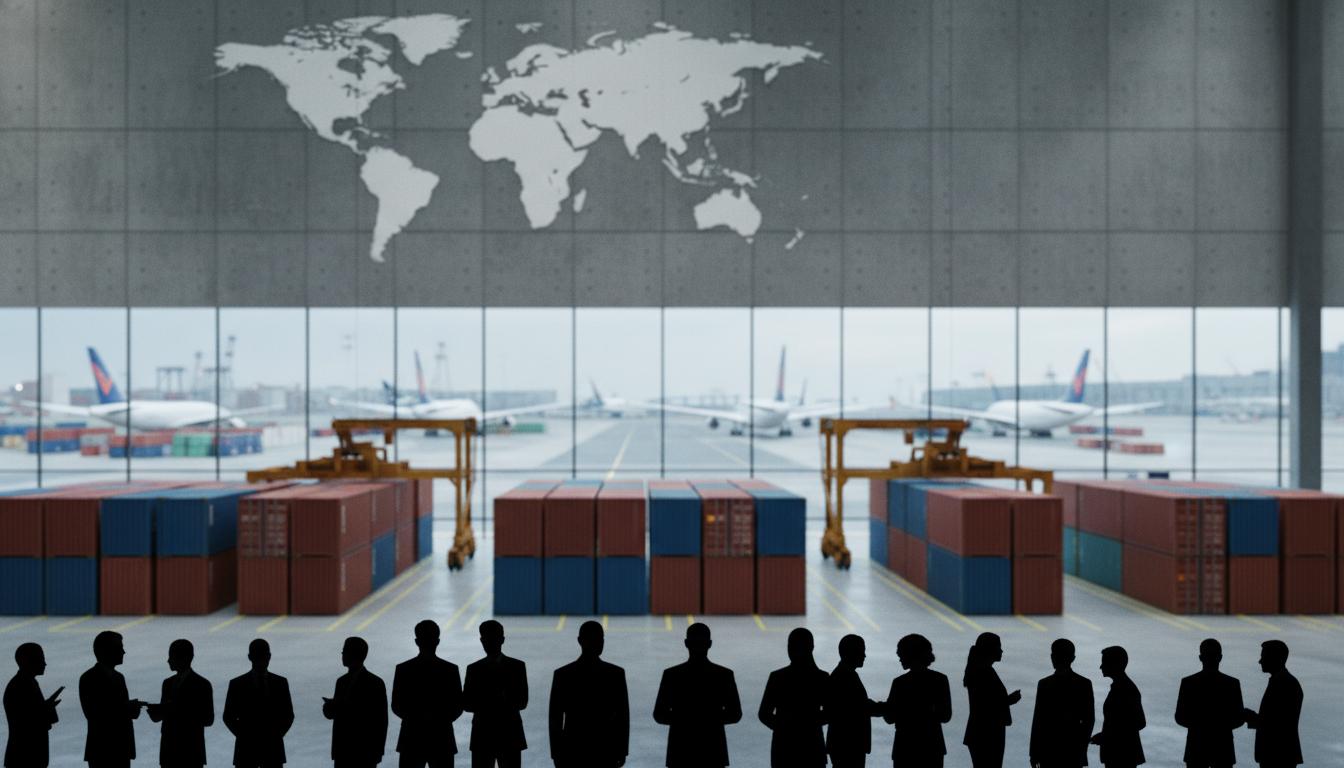neutral
Foreign firms plan U.S. expansion to offset tariff fallout

As U.S. trade tensions escalate, foreign corporates are actively exploring setting up or scaling operations stateside to mitigate tariff exposure. Manufacturers and tech firms from Asia and Europe cited rising import costs and supply chain risk as drivers. Many plan investments in U.S. plants, R&D centers, and distribution hubs. The shift aims to preserve margins, simplify logistics, and signal regulatory alignment to U.S. markets and government incentives. (Reuters)
Reuters• By Harsh Ranjan
Explore:High Return Equity Mutual Fund
neutral
Foreign firms plan U.S. expansion to offset tariff fallout

As U.S. trade tensions escalate, foreign corporates are actively exploring setting up or scaling operations stateside to mitigate tariff exposure. Manufacturers and tech firms from Asia and Europe cited rising import costs and supply chain risk as drivers. Many plan investments in U.S. plants, R&D centers, and distribution hubs. The shift aims to preserve margins, simplify logistics, and signal regulatory alignment to U.S. markets and government incentives. (Reuters)
Reuters• By Harsh Ranjan
Explore:High Return Equity Mutual Fund
1 min read
68 words

Foreign firms accelerate U.S. expansion plans to reduce tariff risks and maintain profitability in an uncertain trade environment.
As U.S. trade tensions escalate, foreign corporates are actively exploring setting up or scaling operations stateside to mitigate tariff exposure. Manufacturers and tech firms from Asia and Europe cited rising import costs and supply chain risk as drivers. Many plan investments in U.S. plants, R&D centers, and distribution hubs. The shift aims to preserve margins, simplify logistics, and signal regulatory alignment to U.S. markets and government incentives. (Reuters)

As U.S. trade tensions escalate, foreign corporates are actively exploring setting up or scaling operations stateside to mitigate tariff exposure. Manufacturers and tech firms from Asia and Europe cited rising import costs and supply chain risk as drivers. Many plan investments in U.S. plants, R&D centers, and distribution hubs. The shift aims to preserve margins, simplify logistics, and signal regulatory alignment to U.S. markets and government incentives. (Reuters)
Tags:
corporate expansion
tariffs
corporate expansion
tariffs
multinationals
supply chain
trade strategy